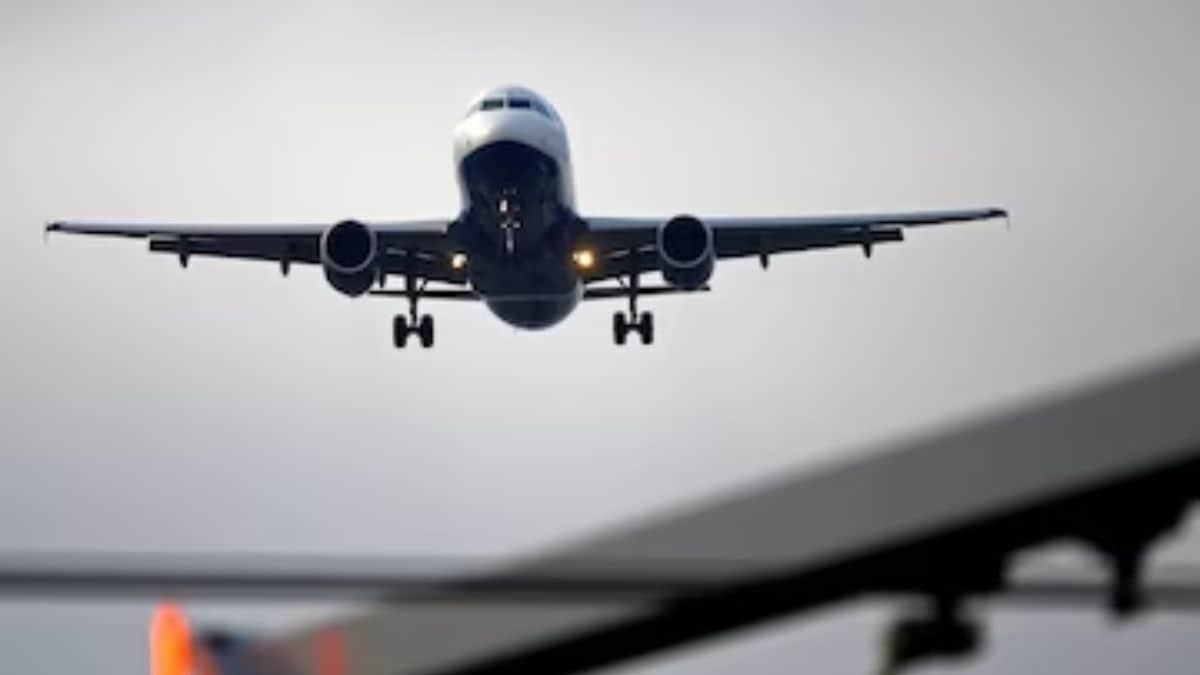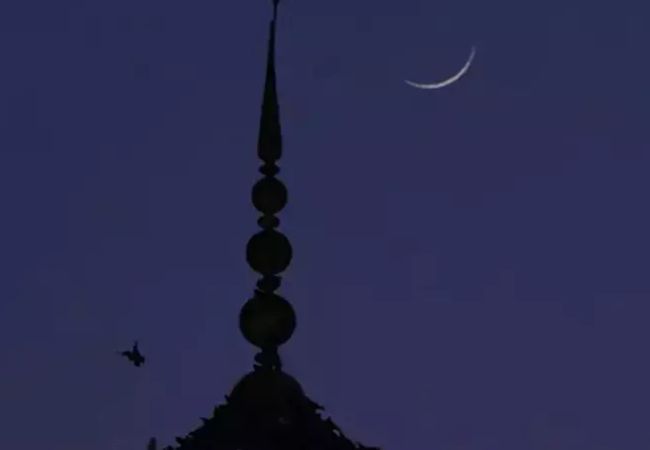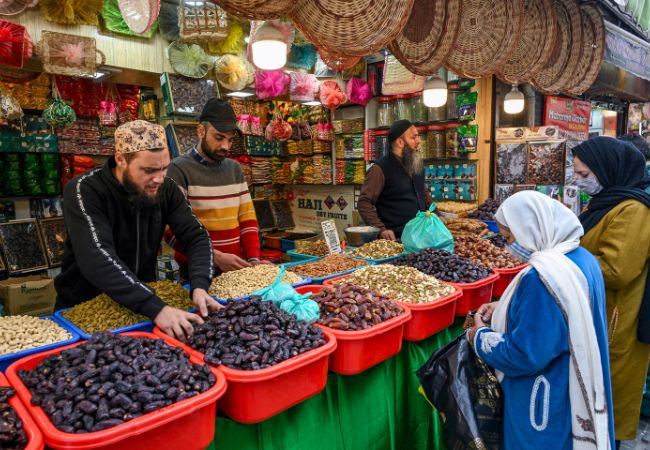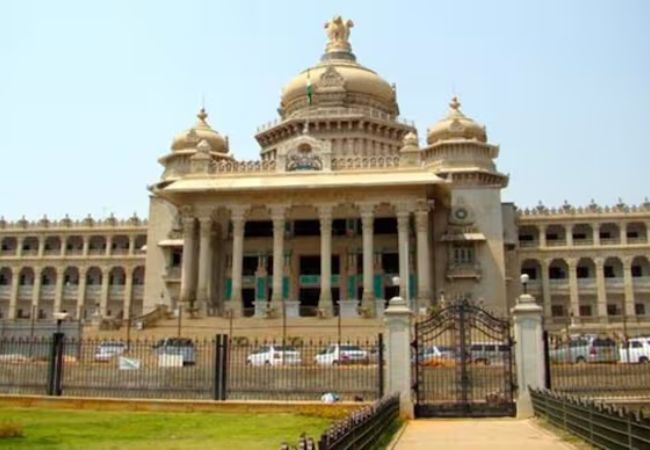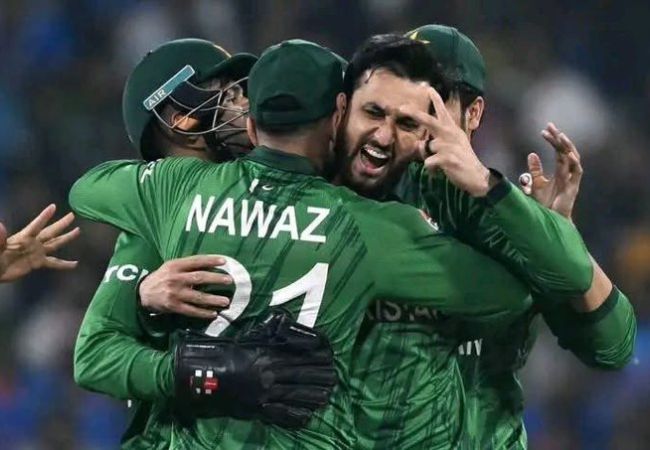Bengaluru: In a significant move, the Karnataka government on Thursday submitted a proposal to the Union Ministry of Civil Aviation, identifying three potential sites around Bengaluru for the construction of a second international airport.
According to the proposal, as cited by Deccan Herald, two locations are located along Kanakapura Road in south Bengaluru, which is directly opposite the Kempegowda International Airport (KIA).
While one comes under the purview of Bangalore Urban district, the other reportedly falls under Ramanagara district. Sources told the news outlet that one of the locations identified near Harohalli is less than 10 km away from the last station of the upcoming green line Metro.
The authorities have identified plots of land at these locations, with the two Kanakapura Road sites offering 4,800 and 5,000 acres of land, respectively. The third location, situated on Kunigal Road in Nelamangala, spans approximately 5,200 acres.
In its communication to the Ministry, the state government has also expressed its readiness to provide at least 4,500 acres of land at any of the finalised locations, the report added.
As per the standard procedure, the Ministry will dispatch a team from the Airports Authority of India (AAI) to to study the locations before finalising the site for the second airport. A detailed financial feasibility study will be conducted, based on the team's recommendations.
Furthermore, the state government has informed the Ministry that all three sites are within a 50-km radius of Bengaluru city centre and are well-connected by major road networks, including national highways.
Let the Truth be known. If you read VB and like VB, please be a VB Supporter and Help us deliver the Truth to one and all.
Bengaluru: The Holy month of Ramadan will start from Thursday, February 19, announced convener of the State Moon Sighting Committee Maulana Maqsood Imran Rashadi on Wednesday.
Speaking at a press conference after the Moon Sighting Committee meeting held at the State Waqf Board office on Cunningham Road in the city on Wednesday evening, he said that there is no information about moon sighting anywhere in the capital Bengaluru, including other districts.
“However, after receiving reports of moon sightings in neighbouring states including Andhra Pradesh, Telangana, Bihar, Odisha, Jharkhand, West Bengal, Rajasthan and Delhi, it has been decided to start fasting from Thursday,” he said.
The meeting was attended by Maulana Mufti Iftikhar Ahmed Qasmi, Maulana Ejaz Ahmed Nadvi and other members of the ulema.

